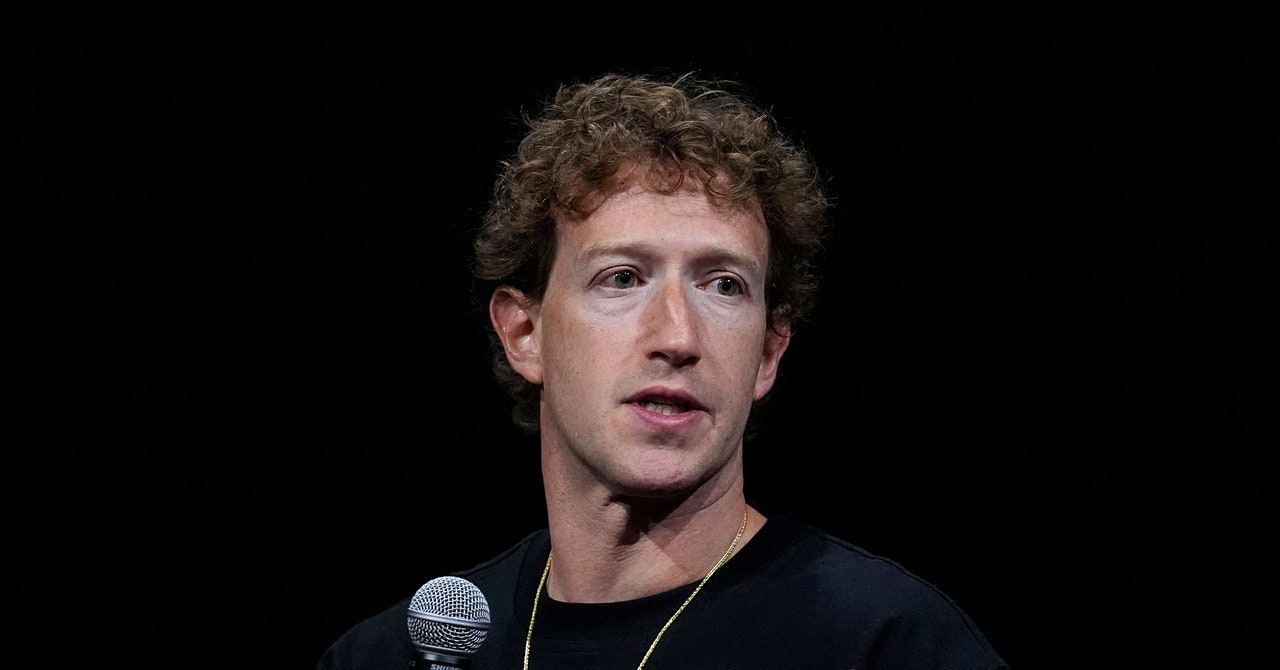meta announced Today a series of major updates to its content management policies, including its termination Fact-checking partnership and “getting rid” of restrictions on speaking about “topics like immigration, gender identity and gender” that the company describes as frequent topics of political speech and debate. “It’s not right that things can be said on TV or on the floor of Congress, but not on our platforms,” said Meta’s newly appointed chief global affairs officer. Joel KaplanWritten in A Blog post Outline of changes
In an accompanying video, Meta CEO Mark Zuckerberg described the company’s current regulations in these areas as “out of touch with mainstream discourse.”
Along with the announcement, the company made several updates to its Community Guidelines, a detailed set of rules that outline what types of content are prohibited on Meta’s platforms, including Instagram, Threads and Facebook. Some of the most impactful changes were made to the meta”Disgusting behaviorpolicy, which covers discussions on immigration and gender.
In a significant change, the company now says it “allows allegations of mental illness or abnormality based on gender or sexual orientation, political and religious discourse about transgenderism and homosexuality, and general non-use of words like ‘queer.’ Given serious use.”
In other words, Meta now allows users to accuse transgender or gay people of being mentally ill because of their gender expression and sexual orientation. The company did not respond to requests for clarification on the policy.
Corey Chambliss, a META spokesperson, told Wired that these restrictions will be loosened globally. Asked if the company would adopt different policies in countries with stricter rules governing hate speech, Chambliss said: pointed out For META’s current guidelines addressing local laws.
Other notable changes made to Meta’s hate conduct policy on Tuesday include:
- Removing language prohibiting content targeting people based on their “safety characteristics,” including race, ethnicity, and gender identity, when they “claim that they have or have been exposed to the coronavirus.” ” is added to. Without this provision, it may now be within range to blame, for example, the Chinese for the Covid-19 pandemic.
- A new addition appears to make room for people who want to post about how, for example, women shouldn’t be allowed to serve in the military or men shouldn’t be allowed to teach math because of their gender. should be given META now allows content that “argues for gender-based limitations of military, law enforcement, and teaching jobs. We also allow similar content based on sexual orientation, when content on religious beliefs.” is based.”
- Another update expands on what the meta allows in conversations about social isolation. It now states that “people sometimes use gender when discussing gender or gender-limited spaces, such as access to bathrooms, specific schools, specific military, law enforcement, or teaching roles, and access to health or support.” or use gender-exclusive language. groups.” Previously, this carve-out was only available to discuss health and support groups limited to one gender.
- Meta’s Hateful Conduct Policy first opened by noting that hate speech can “incite offline violence”. That sentence, which had been in the policy since 2019, has been removed from the updated version released on Tuesday. (In 2018, following reports from human rights groups, Meta Entered That its platform was used to incite violence against religious minorities in Myanmar.) The update preserves language toward the bottom of the policy that would ban content that incites “imminent violence or intimidation.”










